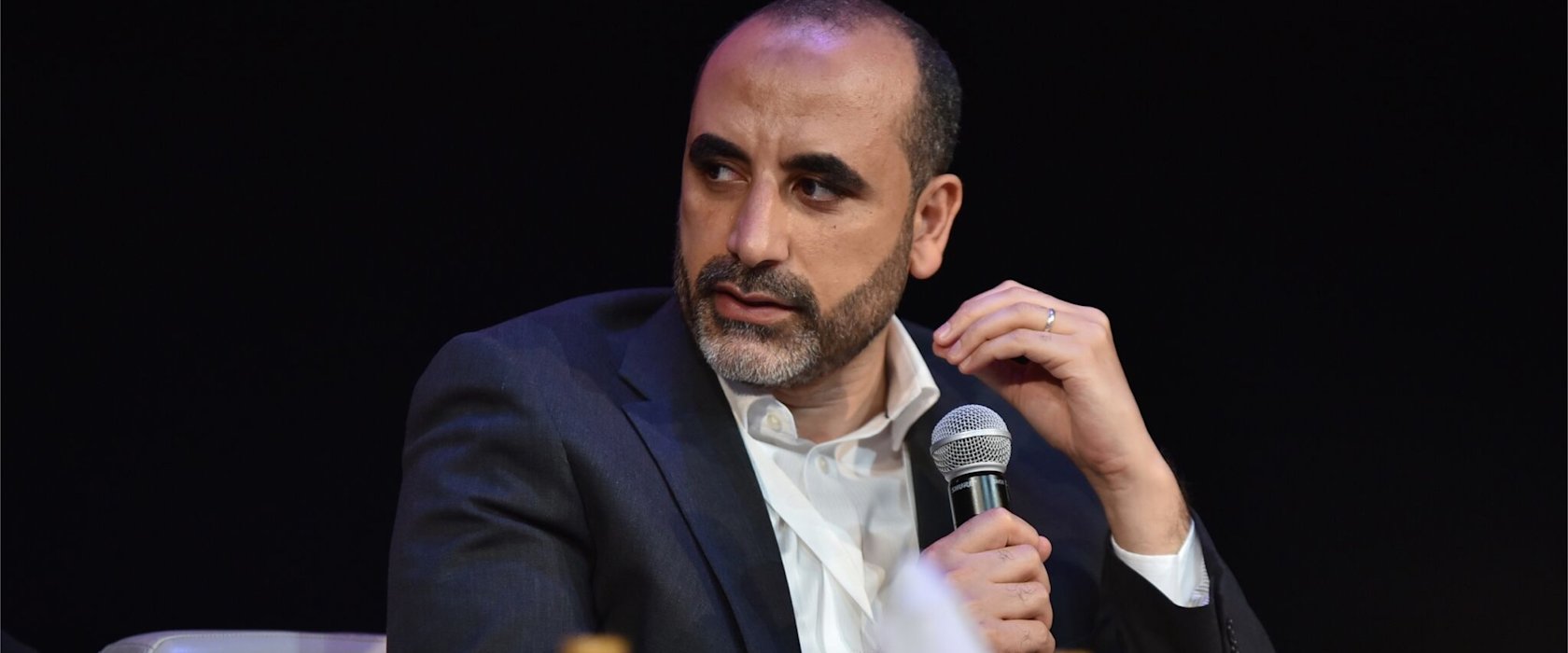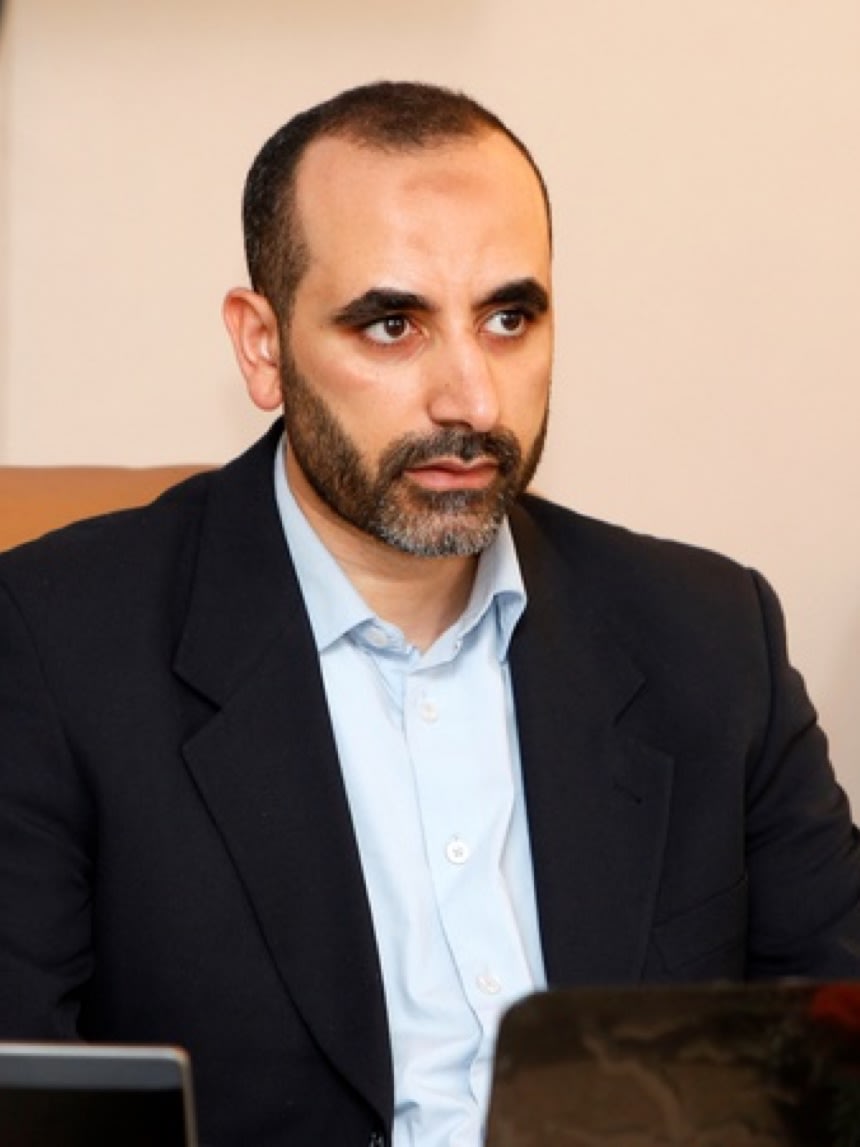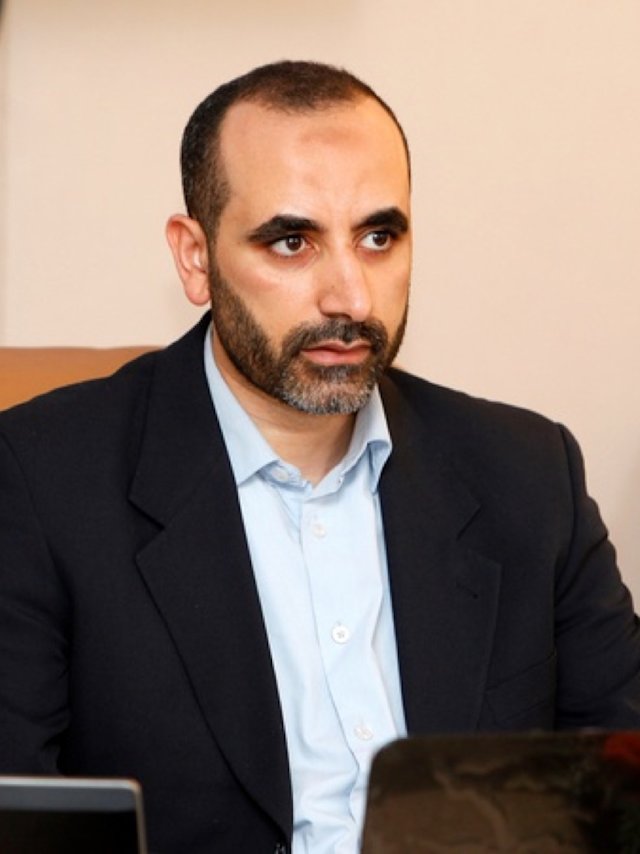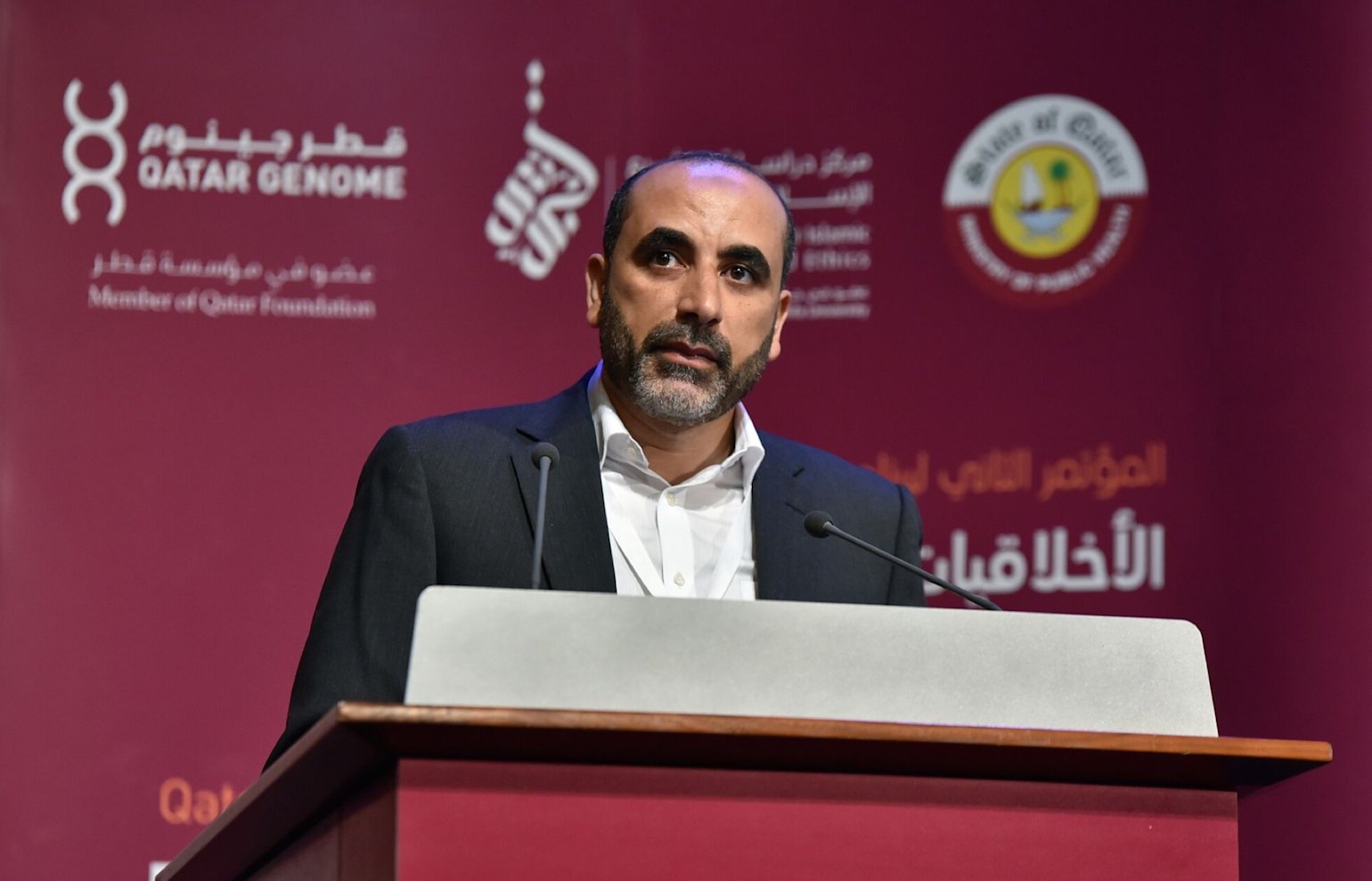Coronavirus (COVID-19) Updates
For the latest COVID-19 information and updates from Qatar Foundation, please visit our Statements page

Dr. Mohammed Ghaly, Professor of Islam and Biomedical Ethics at the Research Center for Islamic Legislation & Ethics at QF member Hamad Bin Khalifa University’s College of Islamic Studies, speaks about Muslim scholarship on nurturing children’s moral character.
Muslim scholars have vastly written about morality during childhood, generally seen as the period between birth and adulthood (bulugh). Broadly speaking, their starting point was usually the relevant references in the Qur’an and Sunna that both elaborated on key terms like dhurriyya tayyiba (righteous offspring) and walad salih (good child).
Muslim scholars also made use of the scholarly legacy produced inside and outside the Islamic civilization, including that of the Greek tradition which was made available in Arabic. Over time, Muslim scholars produced a distinct genre of works on children’s moral education. As examples, one refers to the works of prominent scholars like Ibn Sahnun (d. 256/854), Abu al-Hasan al-Qabisi (d. 403/1014), Ibn al-Qayyim (d. 751/1350), and Ibn Khaldun (d. 808/1406). It is to be noted that physicians have also contributed to this genre. For instance, Ibn al-Jazzar (d. 369/979) dedicated a chapter in his medical work on pediatrics to children’s moral education.


Muslim scholars addressed a wide range of moral issues related to children in the works they authored for specific scholarly disciplines
Besides this distinct genre, Muslim scholars addressed a wide range of moral issues related to children in the works they authored for specific scholarly disciplines like Islamic jurisprudence and legal theory, and Islamic theology and philosophy. Additionally, the works on public morality (hisba) approached children’s education as a profession whose practitioners should abide by certain moral codes. Strikingly enough, some historical works surveyed the children who assumed political leadership positions.
By surveying this vast literature, we argue that Muslim scholars agreed that developing the “good child” model is to be premised on two fundamentals that should be equally and concurrently considered.
Muslim scholars held that children’s acts cannot be classified as “immoral” or “sinful” because children are, morally speaking, not accountable agents
As for the first fundamental, they stated that the limited cognitive capacities of children make their moral awareness incomplete. This explains why God, out of justice, exempted them from the religio-ethical obligations that adults with a fitting mind will be held accountable for. That is why children are not under obligation to, for example, perform the five daily prayers, to fast during the month of Ramadan, or to go to pilgrimage. Against this background, Muslim scholars held that children’s acts cannot be classified as “immoral” or “sinful” because children are, morally speaking, not accountable agents (mukallafun).
With regards to the second fundamental, Muslim scholars viewed childhood as the optimal period to inculcate moral values and virtuous habits. With the moral parameters of adulthood, children were not seen as having inherently good or bad character but more like a fertile soil (namely neutral character) that can be planted with beneficial or harmful crops (namely good or bad traits). Thus, children should not be left without vigorous moral education to help them lead a moral life later when they reach adulthood and become morally accountable agents. Missing this early moral education can be very costly, scholars added, because modifying the character of adults is much more difficult.
Muslim scholars opined that children should be encouraged and incentivized to acquire a moral character because of the expected benefit when they reach adulthood
By conflating these two fundamentals, Muslim scholars opined that children should be encouraged and incentivized to acquire a moral character because of the expected benefit when they reach adulthood. On the other hand, children should be given the opportunity to fulfill and satisfy the needs of childhood, including playing and entertaining themselves. Furthermore, scholars stressed that forms of punishment designed to reform the misbehaving adult do not usually apply to children, whatever they do, because they are not accountable agents.

According to Dr. Ghaly, Muslims should engage with developmental psychology, anthropology, and the sociology of childhood.
Up until the 18th Century, physical punishment was almost universally accepted, including within the Islamic tradition, as one of the tools of moral education. However, Muslim scholars almost consensually agreed that physical punishment can only be employed when all other possible means have been exhausted and under strict conditions. For instance, they outlawed all forms of harsh punishments meant to humiliate children and undermine their dignity because they go contrary to the very aim of moral education. For some children, they added, physical punishment is not effective and can even be counterproductive. For this type of children, scholars deemed that physical punishment should be forbidden. Some scholars, like Ibn Khaldun, expressed even more critical reservations and contended that physical punishment has intrinsic and inherent problems. Punishing children, as part of the educational process, can eventually create generations of hypocrites who will lose the value of defending one’s own opinions and positions in public, Ibn Khaldun explained.
In addition to the rich legacy on morality and childhood in the Islamic tradition that engaged with other civilizations, Muslims today should also critically engage with disciplines like (developmental) psychology, anthropology (of morality), and sociology (of childhood), which contributed to the multi-disciplinary field of Childhood Studies. For instance, the scholarly production of these disciplines demonstrates how the goal of realizing the “good child” model can be achieved without resorting to controversial means like physical punishment, which was already morally problematic in the eyes of early Muslim scholars themselves.

